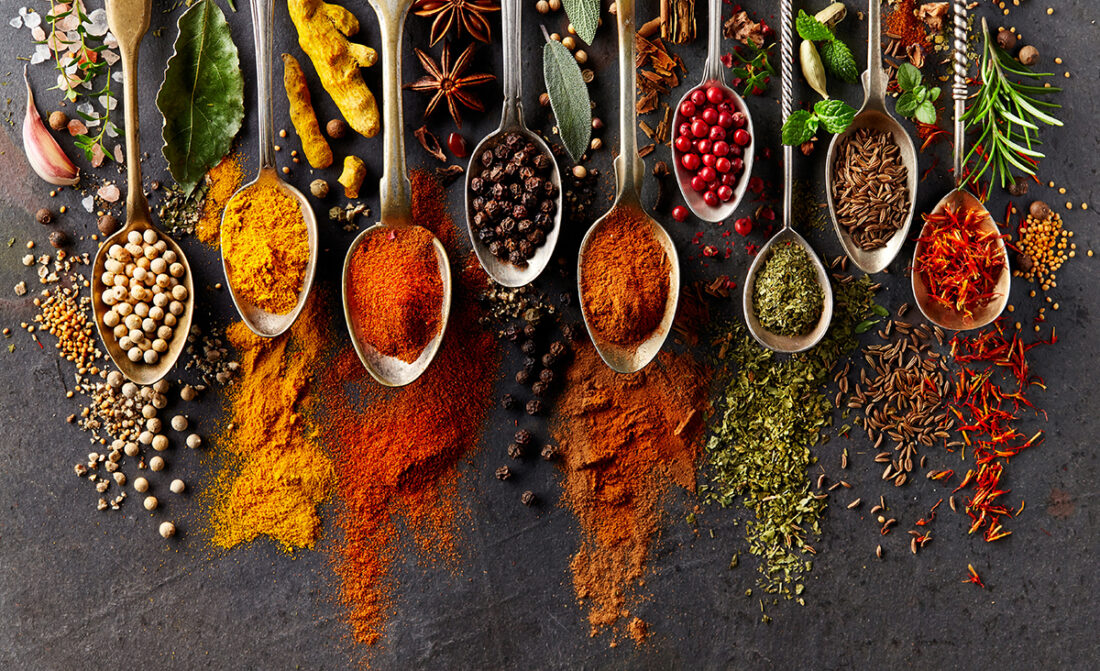
I am writing a book about autoimmunity. To make the book exceptional, I am taking my time with each post. As a result, I am posting less to Substack than usual. The book is expected to be published this coming Spring. Here is an excerpt. Expect many more in the coming months…
Food is one of the main drivers of autoimmunity today. This is due to food contamination with pesticides, hormones, and actual toxins, like mercury.
Patients hear stories about food and autoimmunity and often feel lost as to what to do with the information.
Do you stop eating gluten? Dairy? What about goat or sheep dairy? Nightshades? Grains? Pseudograins?
Did you even know there is such a thing as a pseudograin?
Let me break it down for you.
Loss of Immune Tolerance
As your body accumulates toxins and is exposed to more and more stress, your body starts to lose immune tolerance to anything and everything. “Immune tolerance” is the technical term for “not attacking things.” If you have immune tolerance toward gluten, then you can eat gluten and your body will break it down and turn it into energy. If you lose immune tolerance to gluten, your body will attack it.
What is often confusing to people is how different loss of immune tolerance can look. For example, one patient will develop an allergy to wheat that manifests as anaphylaxis. Their throat closes up, their eyes water, they start to wheeze, cough, and splutter when they are exposed to wheat. Likewise, they might be able to “touch” wheat with their hand and be fine, but the minute it hits their tongue, they react.
Another patient might develop Celiac disease, in which the body attacks gluten in the small bowel. The collateral damage from this attack destroys the small bowel, and therefore destroys the body’s ability to digest food.
Note that gluten is not wheat, it is an amino acid sequence found in wheat, rye, and barley. Being “gluten-sensitive” or having Celiac disease is not the same as wheat allergy.
Another patient might develop headaches that are due to gluten. Another patient might develop depression. Another might develop anxiety. Another patient might lose their coordination (gluten ataxia). Outright psychosis has been described. Yes, gluten might actually “drive you crazy.”
We call foods that trigger symptoms “allergic triggers.” This is not a technical term and will probably trigger (pun intended) “experts” in the field of allergy and immunology.
The Autoimmune Connection
Allergies are a controversial area of medicine. In the world of functional, integrative, natural, holistic, and environmental medicine, “allergies” can mean everything from Celiac disease to hay fever. In the conventional world (think hospitals and medical clinics), allergies tend to be restricted to whatever makes you sneeze, sniffle, wheeze, cough, or break out in itchy, raised bumps we call hives.
In the world of conventional medicine, the dogma is that environmental exposures (think pollens, chemicals, and more) and foods do not cause autoimmune diseases. The problem with this theory is that it is not supported by the facts. Reports of patients recovering from autoimmunity by eliminating “triggers” from their diet, personal care products, or environment are widespread. These patients clearly demonstrate a causal relationship between exposure and symptoms.
Do not be fooled by the conventional doctor dogma. Whatever you want to call them, allergies, allergic triggers, or autoimmune triggers. There is no denying that what you are exposed to in your environment, from the perfume or cologne you spray on your body in the morning to what you eat for breakfast, lunch, and dinner, to your organic spearmint toothpaste that you brush your teeth with before you go to bed, can trigger autoimmunity. It follows that we can induce remission of autoimmunity by eliminating these allergic triggers from our environments.
What We Recommend at Our Practice
We try to keep things simple at our practice.
Here is what we share with our patients.
We tell all of them to stop eating gluten, dairy, fried foods, and processed sugar. There are two reasons for this. First, they may actually have lost immune tolerance to these foods. Second, if you eliminate these two foods, you have eliminated 90% of processed foods. Processed foods drive all types of disease, including autoimmunity. The more processed food you eat, the sicker you will become, and the shorter your life will be. Eliminating gluten, dairy, fried foods, and processed sugar eliminates 90% of processed foods.
This is what helped Carl unlock new levels of performance.
I just spoke with Carl again this week. He continues to improve.
Most of our patients have already eliminated some or all of these foods (dairy and gluten), or at least are moderating their consumption of them.
Many of our patients have already gone to some kind of extreme in their diet. They were vegan for years. They went carnivore last month to try to beat their symptoms. I have seen every kind of diet work. If your diet is working for you, then it is hard to argue with it. On the other hand, if you are still having symptoms or your biomarkers are still abnormal, then your diet may not be working for you after all. Besides, wouldn’t it be nice to be able to eat more variety?
If this does not yield results, then we either recommend allergy testing to identify any allergic triggers of autoimmunity, or systematic elimination of foods and ingredients to figure out (through process of elimination) what a patient’s allergic triggers are.
When allergy testing is positive, it is often life-changing. Patients often report 90% or better improvement with elimination of the offending triggers alone. On the other hand, many patients see no appreciable difference.
We will cover allergy testing in the bonus chapter on advanced diagnostics. Believe it or not, we get most of the results at our practice without allergy testing. There are many reasons for this that we will explore in that chapter.
The reality of allergic triggers in autoimmunity is undeniable. You may be disappointed to discover that you cannot eat your favorite foods (favorite foods are often a patient’s strongest triggers). The good news is that with hard work and consistency, many patients are one day able to tolerate what had triggered them in the past. This is not a guarantee.
For now, we are going to focus on exactly what to eat within this framework. This is one of the things we have found patients struggle with most on their journey to overcoming autoimmunity.
This is why I created Dr. Stillman’s Million-In-One Meal Plan.
Ready to Go Deeper?
If this excerpt resonated with you, don’t miss my live Autoimmunity Masterclass.
I’ll show you how to identify your personal autoimmune triggers and build a truly sustainable plan for healing using food and lifestyle as medicine.
You deserve to understand your body.
You deserve to feel well again.
It starts with what’s on your plate.
Until next time, be well,
Dr. Stillman

